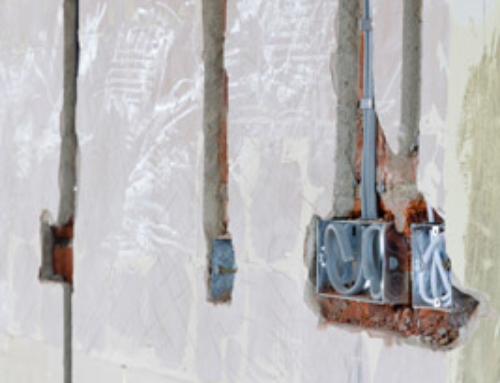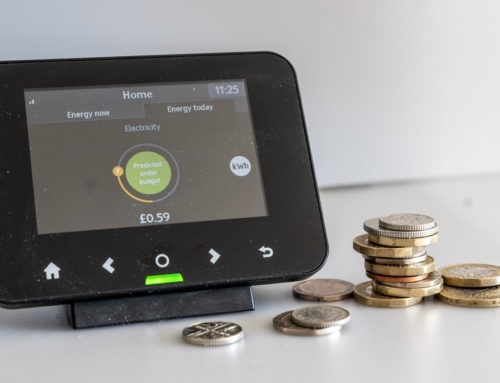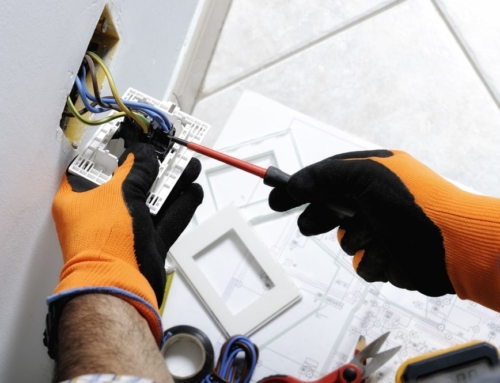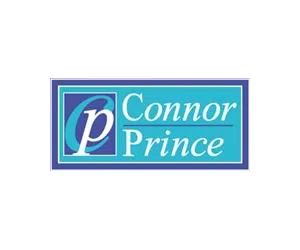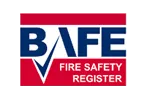
Get a qualified electrician for all your electrical work
Over the last five years, we’ve seen household incomes destabilise after a dip in property prices. If you sold your house in 2009, you’ll be all too aware of the movements of the housing market. Uncertainty has forced many people to stay put and improve their homes.
When money is tight, and credit more limited, people tend to turn to DIY more often. While this is a sensible move for the smaller jobs round the house, there are some jobs that amateurs shouldn’t attempt.
Think Safety
It’s impossible to overstate the importance of safety in DIY, and electrical work presents some of the most immediate risks. There are three reasons why mistakes wreak havoc:
- Inexperienced people don’t know how to test their work, or simply don’t bother to try
- Unlike a loose shelf, or a peeling piece of wallpaper, a poor electrical job can be difficult for the untrained eye to find
- Anyone in your home could be killed by a mistake – including someone who lives there after you
We understand that it’s tempting to do as much as you can, and you probably can’t go too far wrong wiring a plug, or changing a light fitting. But even if you discount safety – which is foolish – there are other reasons not to do work yourself.
DIY Electrics and the Law
In the UK, work done on domestic properties must be compliant with Part P of the building regulations. This means that the work needs to be carried out by a certified person, and it must be registered with your local building control department. If you sell your house, you will be expected to prove this has been done so the buyer knows the electrics are safe.
All of the wiring in a house must be carried out to British Standards, specifically BS7671. This isn’t just red tape. It’s to ensure that your home is safe for your family and any families who occupy it after you.
The Consequences
Rewiring or making mistakes with electrics can cost you your life. And if your mistake isn’t noticed, it could kill a member of your family. There’s the risk of shock, for starters, and the risk of fire as a secondary concern.
If you’ve ever had a small electric shock, you’ll know how serious it can be, and you probably realised afterwards that you had a lucky escape. These life-changing accidents aren’t worth risking for the sake of saving a few pounds.
What’s a Certified Electrician?
A certified electrician is a professional qualified to sign off electrical work as Part P compliant. This saves you having to go to Building Control to get the work certified, and it means you can use your electrics knowing that they are 100 per cent safe.
Often, homeowners do the work themselves and call us to certify it for them, hoping to save money and cut a few corners. This is unethical, and could be illegal. If we certify something that isn’t safe, it puts you at risk, and it could spell the end of our professional career.
Rather than putting us in that position, let us carry out the work properly in the first place.
Trust MD Bespoke Solutions
If you need a certified electrician in the London area, speak to MD Bespoke Solutions. We have a team of certified professionals ready to take on your domestic electrical tasks. The work we do is safe, and signed off properly, and the whole team is insured for everyone’s safety. And even if you’re used to doing-it-yourself, our professional installation and servicing will probably cost less than you expect.

